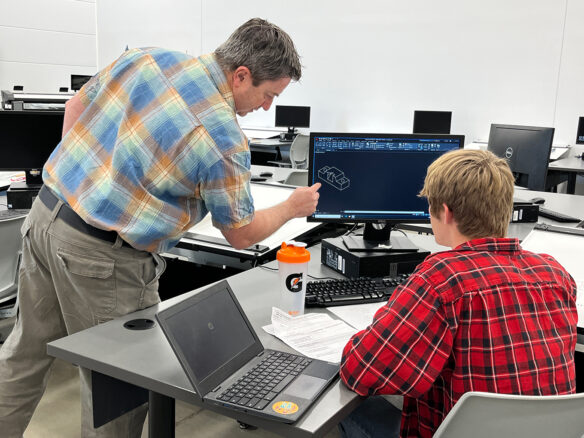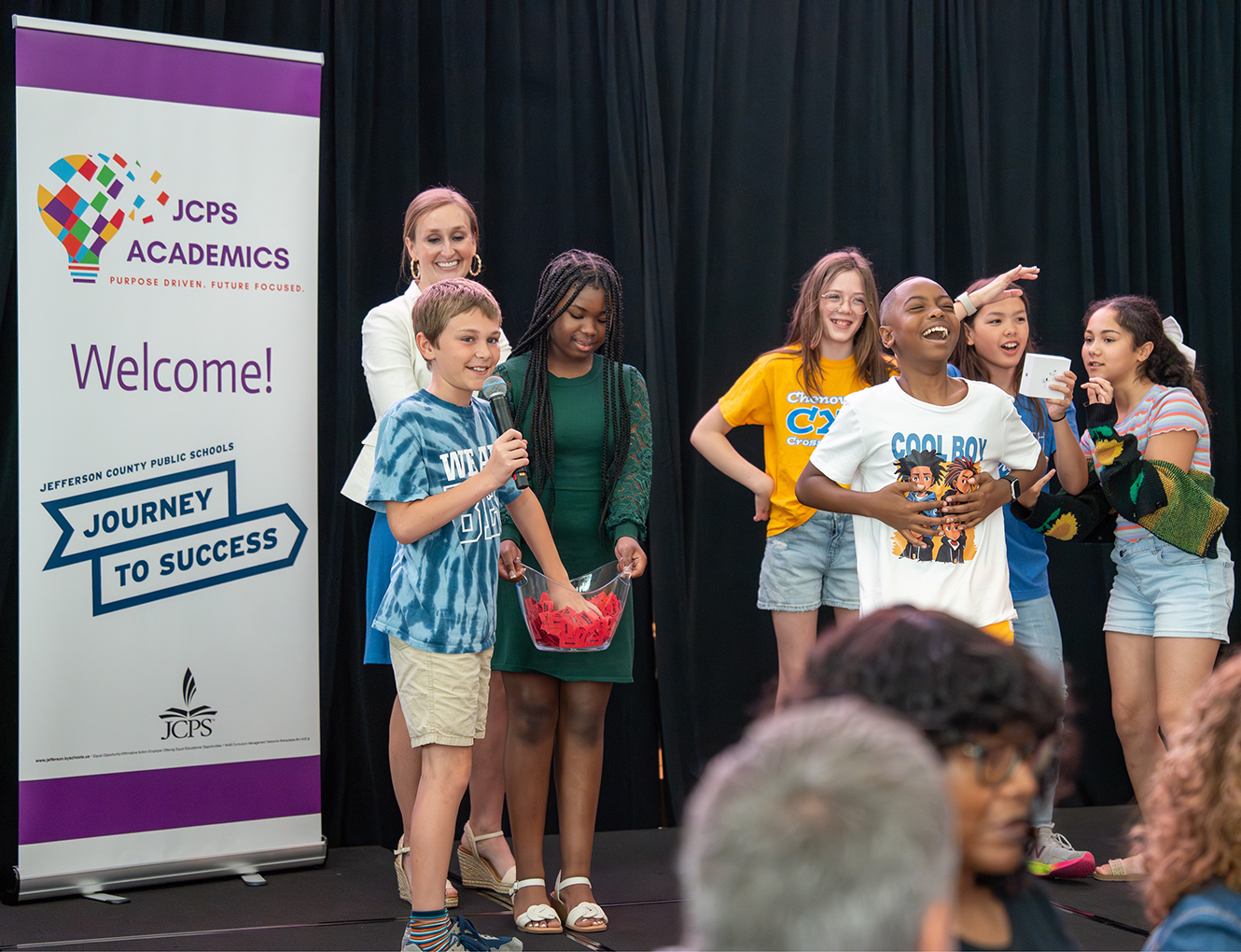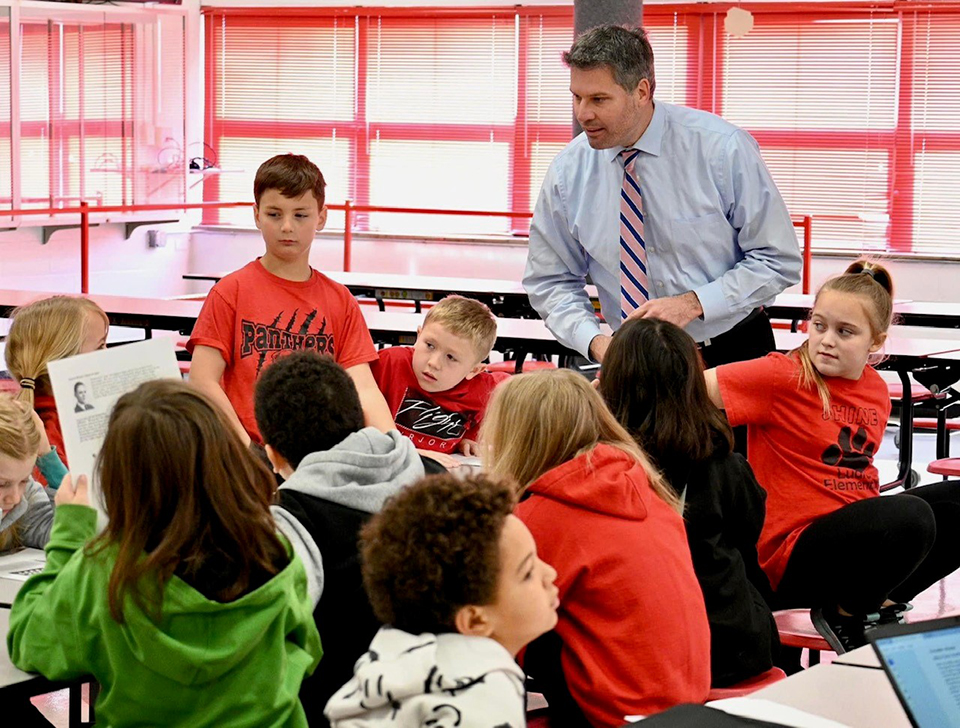
The Kentucky Department of Education is working to ensure special education students have access to career and technical education.
Photo by Toni Konz Tatman, Aug. 3, 2023
Career and technical education (CTE) prepares students for postsecondary life, allowing them to pursue their interests and match their skills to careers. Special education students, however, have not always had the same opportunity to engage with CTE as their peers.
Kentucky Department of Education (KDE) Office of Special Education and Early Learning (OSEEL) leaders have focused on expanding special education teachers’ CTE knowledge to increase accessibility.
Special education teachers receive specific training to support students with disabilities, while CTE teachers are specialists in their fields, but not necessarily in special education. Despite this, CTE teachers provide educational services to students of varying abilities and backgrounds, including those with individual education plans (IEPs).
An IEP is a written, individualized program that outlines the services and supports the school and district will provide to students who qualify for special education and related services. IEPs help ensure students can access the general education curriculum.
Bill Bates, KDE’s first exceptional child education consultant for CTE, is leading an effort to provide special education teachers with professional development to encourage special education teachers to collaborate with their CTE colleagues, assisting special education students as they pursue postsecondary opportunities.
“We need CTE teachers and special education teachers working together, learning together, growing together, doing professional developments together,” Bates said.
He pointed to the role CTE plays in preparing students for success in careers.
“Many students with disabilities gravitate toward a hands-on environment for learning,” he said. “If we do a good job in exploration, counseling, enrollment and placement, we find that they’re extremely successful in CTE.”
One example of OSEEL’s work to support CTE includes providing scholarship opportunities to 12 special education teachers for their attendance at the 2023 CTE Summer Program. KDE’s Elementary and Secondary Schools Emergency Relief (ESSER) funding from the American Rescue Plan (ARP) Act provided the funding.
“This was the first time that special education teachers participated in the summer program. We had sessions dedicated specifically to special education,” he said. “We were fortunate to provide a stipend to offset costs for special education teachers to attend.
“We encouraged teachers interested in participating and receiving the scholarship to partner with a mentor, a CTE colleague they could be working with locally that would be attending as well. These mentorships allowed the special education teachers to have someone guide them through the conference, letting them know what to look for in sessions that would benefit them.”
This cohort of special education teachers first convened at the summer conference, but their work together is not over.
“We plan to keep this initial cohort together to provide a community for teaching and learning,” Bates said. “We want our educators to know what’s working in districts, schools, area technology centers and career and technical centers across the state.”
Educators in the cohort represent communities from different geographical regions.
“We have representatives from Owensboro, Mayfield, Frenchburg, Lexington, Bowling Green, Paducah, Paris, Dry Ridge,” Bates said. “We intentionally aimed to have representation from east to west, north to south and in the middle.”
Bates said he hopes the initial cohort will remain in close contact, sharing ideas and resources for improving special education students’ educational experiences. The next cohort of special education teachers receiving CTE professional development will convene during the 2024 CTE Summer Program, July 9-12, 2024, in Louisville.



Leave A Comment